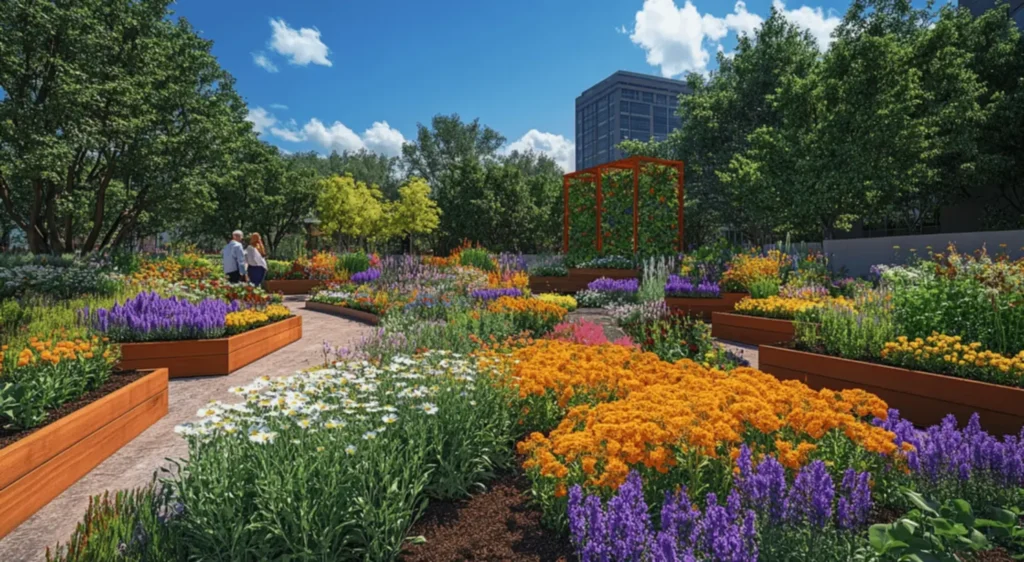Understanding the Role of a Master Gardener
So, let’s dive into what being a master gardener really means! At its core, a master gardener is someone who’s totally into horticulture and knows a ton about it. But it’s not just about sitting in a classroom; it’s about rolling up your sleeves and getting your hands dirty in the garden. These folks go through some pretty intense training—think workshops, hands-on experience, and learning all about sustainable practices that nurture the environment and keep plants healthy and happy. And here’s a cool tidbit: master gardeners aren’t just focused on their own gardens; they get out in the community, volunteering their time and expertise. They share their love for plants and gardening techniques, forming a vibrant network of green thumbs dedicated to promoting eco-friendly practices. 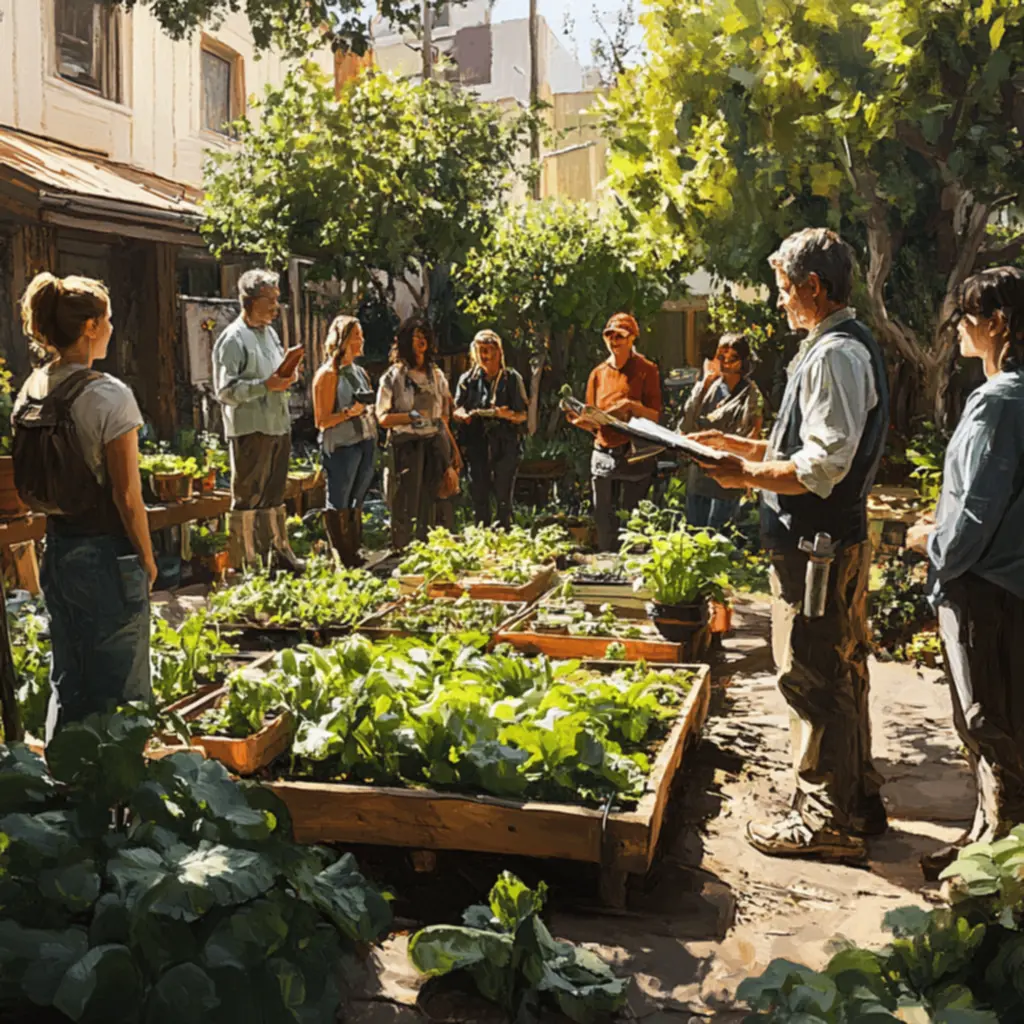
When you really break it down, a master gardener is like a trusty resource for anyone who wants to up their gardening game. They dish out advice on all sorts of topics, whether it’s picking the right plants for your space, understanding how local conditions affect plant growth, or tackling some of those annoying gardening problems we all face from time to time. Thanks to their deep dive into plant biology, these experts can help you create gardens that not only look stunning but also support local ecosystems. They really have a knack for getting folks excited about gardening, inspiring a lifelong love for working with nature. 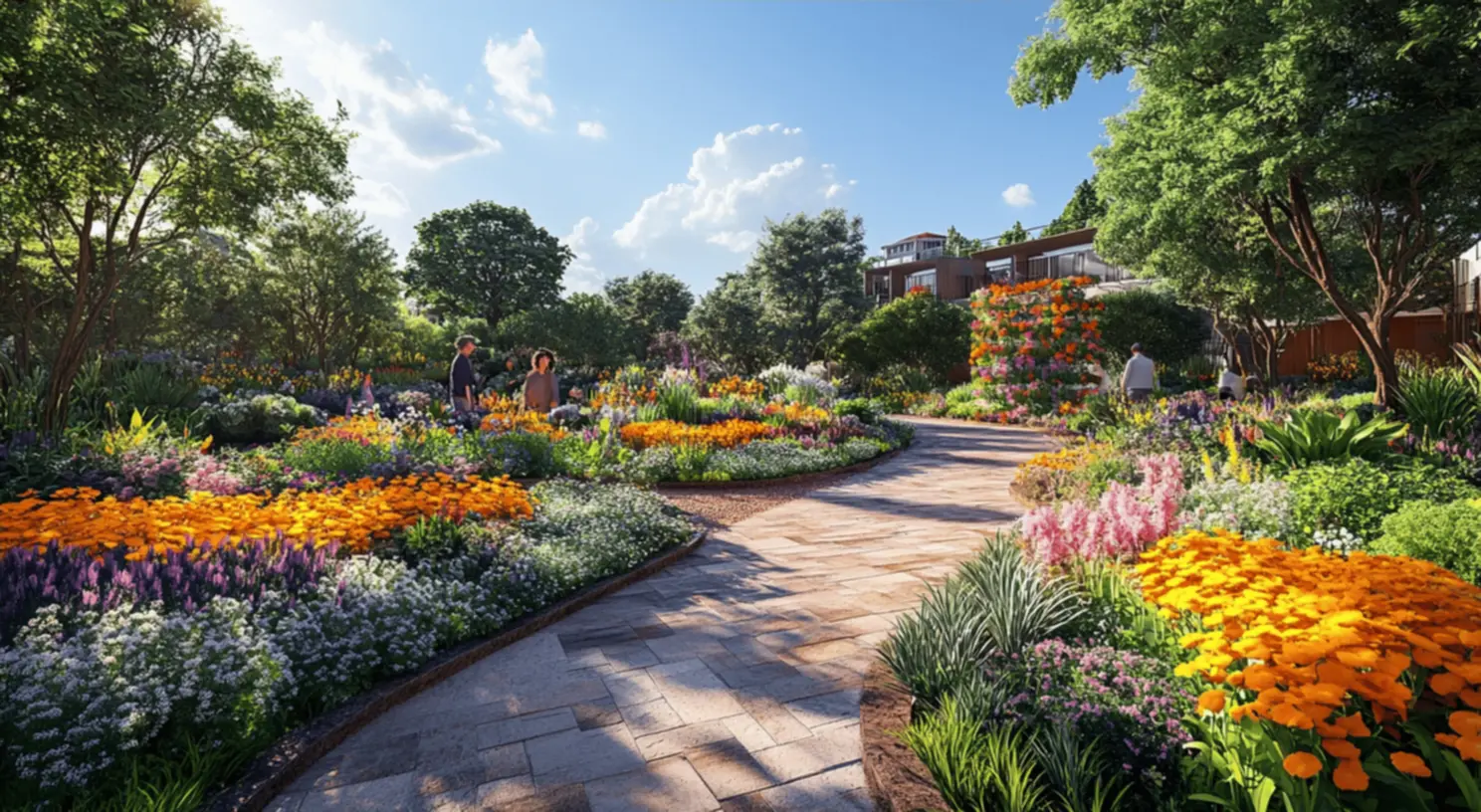
Also, let’s touch on how master gardeners are key players in shaping community gardens. These gardens are more than just patches of green; they’re places where neighbors can come together, cultivating their own fruits and veggies, and boosting the sense of community spirit. Through workshops and hands-on classes, master gardeners show others the ropes, teaching the importance of local food sources and sustainable gardening habits. In this way, they’re not just growing plants—they’re growing communities, making them stronger and more resilient. 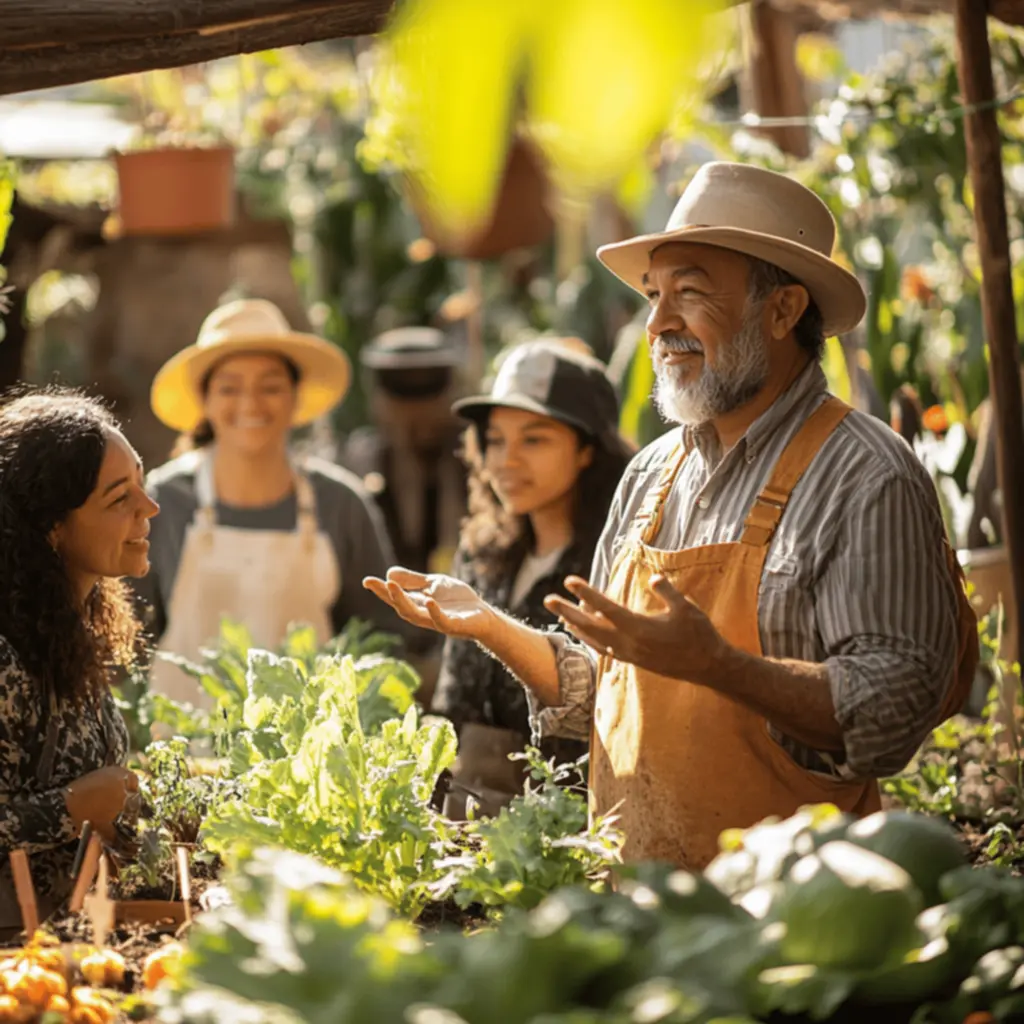
The Importance of Horticulture Knowledge
Now, if you wanna get serious about gardening, especially with the goal of becoming a master gardener, you’ve gotta have a good grasp of horticulture knowledge. It’s all about understanding different plant types, their specific needs, and how factors like soil and weather can affect their health. With this solid foundation, you can make smart choices about when and what to plant, as well as how to care for your green friends throughout the seasons.
Getting to know the ins and outs of horticulture also makes picking the right plants much easier, especially ones that can thrive in your local climate. Master gardeners offer some truly invaluable advice on selecting native plants that are naturally suited to your area. This not only helps reduce reliance on chemical fertilizers and pesticides but also boosts the overall biodiversity in your garden. And hey, that’s a win-win for both your backyard and the local wildlife! 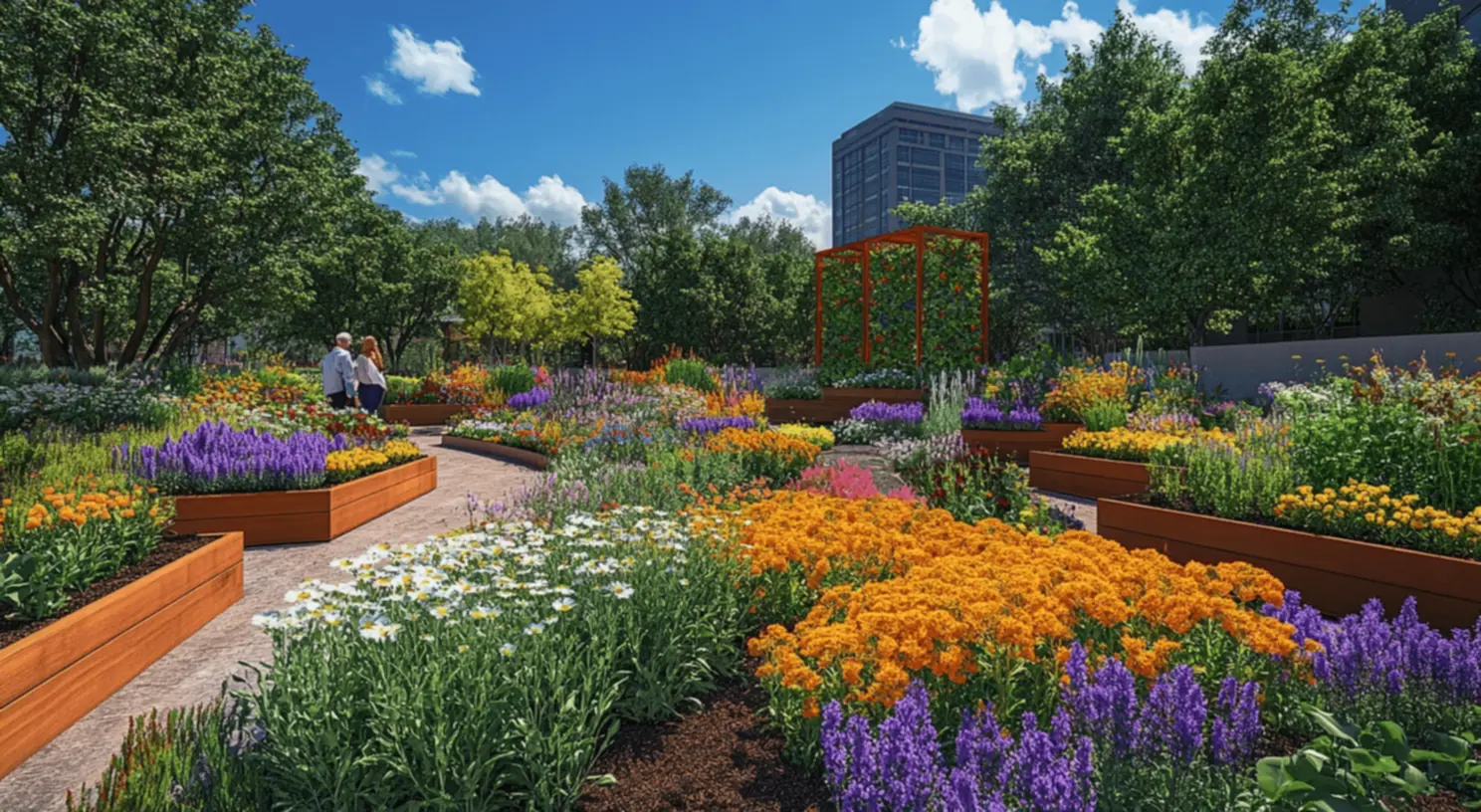
Plus, understanding horticulture emphasizes the importance of sustainable gardening practices. Master gardeners are trained in advanced techniques that keep our environmental footprint low while maximizing the productivity of our gardens. They’re just the folks you want encouraging you to use methods that save water, boost soil health, and naturally manage pests. Whether you’re just starting out or have been digging in the dirt for years, grounding your gardening adventures in horticulture knowledge will set you up for success—both for your plants and the planet.
Key Sustainable Gardening Techniques
Let’s talk about sustainable gardening techniques—these are crucial for making sure our gardening habits don’t drain our natural resources. Techniques like composting, crop rotation, and opting for native plants help us maintain a balanced ecosystem while still getting great yields. Master gardeners know these methods inside and out, and they’re all about getting others on board for creating healthier gardens that are kind to the Earth. 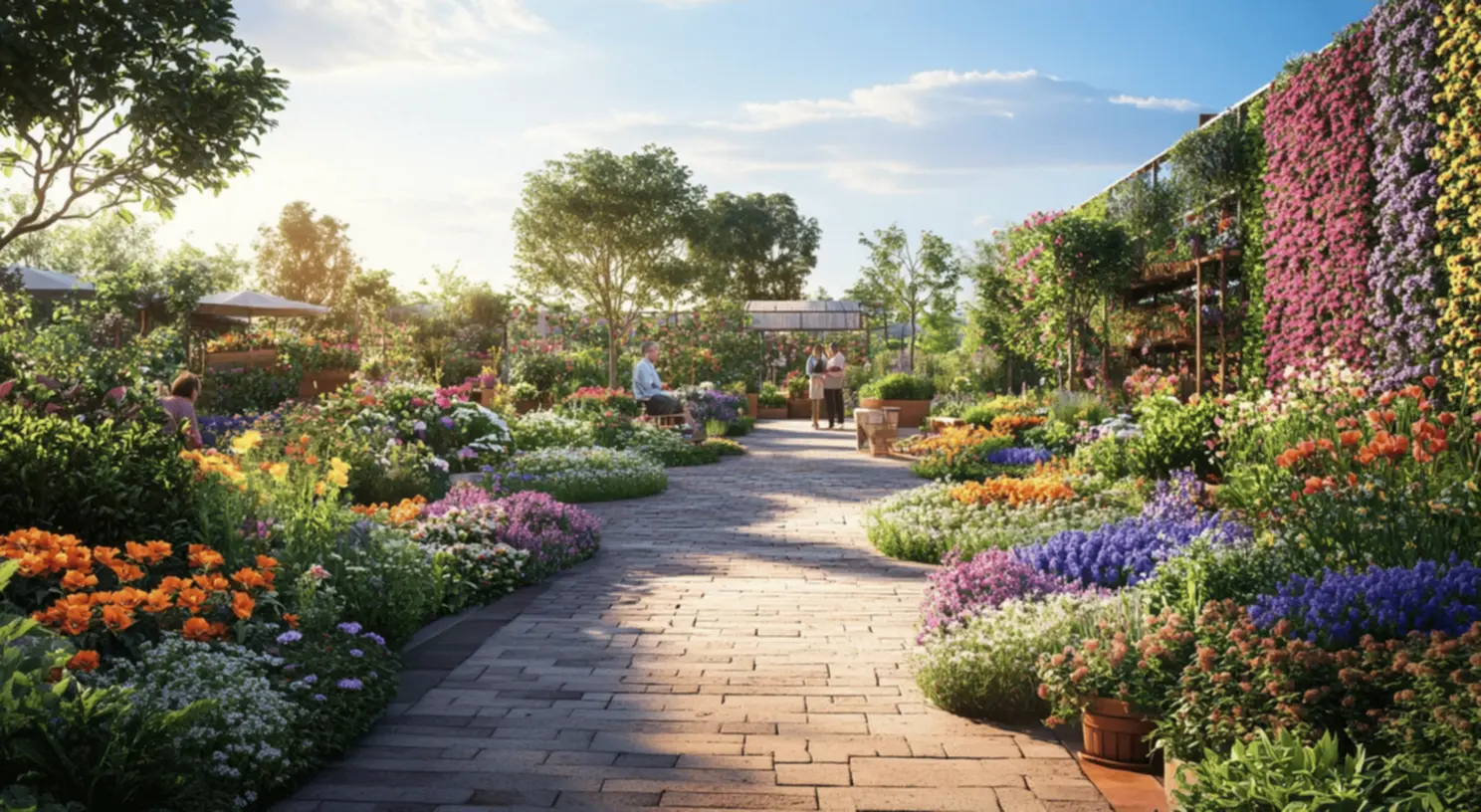
A super effective technique is companion planting. This one’s all about putting different crops together for mutual benefits, like keeping pests at bay or improving soil nutrients. Think about planting marigolds alongside your veggies—they can keep those nasty pests away while adding a pop of color to your garden. By embracing the idea of companion planting, master gardeners help create spaces where different plants can support each other and thrive together.
Then there’s the use of organic fertilizers and soil amendments. These goodies enrich the soil without bringing in any harmful chemicals. Incorporating things like mulch or compost can seriously boost soil fertility and structure. These sustainable tricks do wonders not just for your plant growth but also curb soil erosion and improve water retention, fostering a healthy garden ecosystem.
Essential Plant Care Guidelines
When you’re tending to your garden, knowing the essential plant care guidelines really makes a difference in helping your plants thrive. Taking the time to learn what each plant needs—like how much light, water, and nutrients they require—can completely change the game for your gardening journey. By closely watching your plants and adjusting care routines, you create an inviting environment where they can truly flourish.
Watering Practices for Healthy Plants
Let’s talk about watering practices; they’re pivotal for keeping plants in top shape. Getting the watering technique just right can save you from common problems like root rot or drought stress. As a master gardener, I usually suggest setting up a steady watering schedule based on what your plants need and the current weather. Sometimes that means watering deeply but not as often so the roots get a good soak without becoming overwhelmed. Oh, and don’t forget about mulching around plants—it helps keep that precious moisture locked in, leading to robust growth.
Fertilization and Nutrition
Now, let’s not forget about fertilization and plant nutrition—they’re two of the building blocks for successful gardening. Plants need proper nutrients to thrive, and knowing what they specifically require can really amp up their growth. Master gardeners often recommend doing soil tests to check nutrient levels and deficiencies. This way, you can apply fertilizers correctly, cultivating strong and healthy plants while avoiding the risks of over-fertilization—it’s all about that balance!
Effective Pest Management Strategies
Keeping pests at bay is super important to maintain a healthy garden. Master gardeners know all the ins and outs of effective pest management methods, focusing on integrated pest management (IPM). IPM combines different strategies to keep pest populations in check, making it a sustainable route that lessens our dependence on chemical solutions.
When you use effective pest management strategies, you’re minimizing the impact of those pesky pests, and at the same time, promoting beneficial insects like ladybugs and bees—these guys are essential for pollination and keeping pest levels down.
Identifying Common Pests
Getting the hang of identifying common pests is an essential first step in effective pest management. Knowing the difference between the good bugs and the bad ones lets you take the right steps without disturbing your garden’s ecosystem. Master gardeners often share signs to look out for, like leaf holes, unusual discoloration, or visible insects. This kind of knowledge empowers all gardeners to act quickly against any infestations before they spiral out of control. 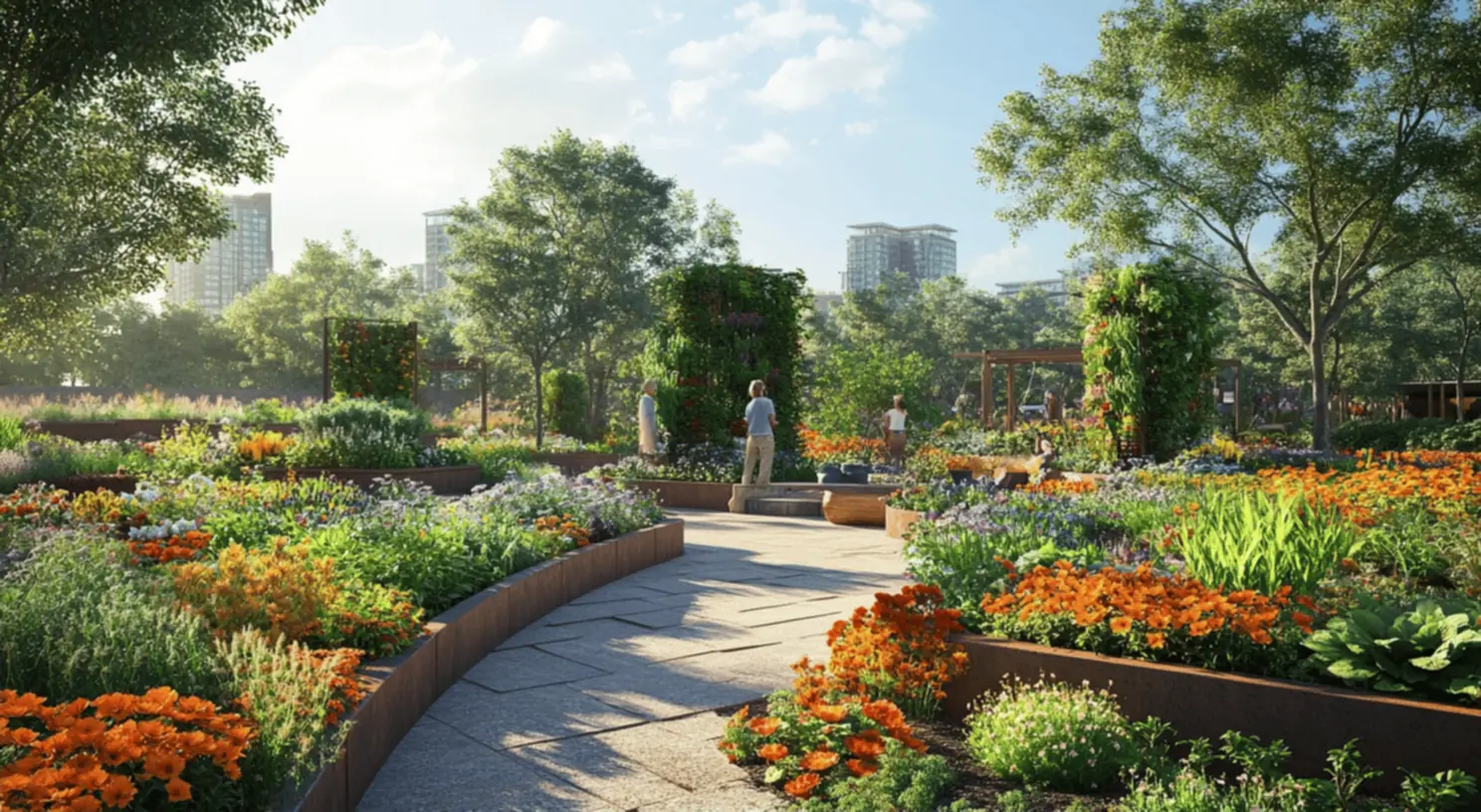
Natural Pest Control Methods
Natural pest control methods are a fantastic way to keep gardens healthy without resorting to chemical pesticides. Techniques like inviting beneficial insects into your garden, using neem oil, or companion planting can effectively manage pest populations while protecting your precious plants. As master gardeners, we strongly advocate for these approaches because they help keep gardens flourishing while also being mindful of our ecosystems.
Soil Improvement Techniques for Thriving Gardens
Let’s remember that healthy soil is really the backbone of any thriving garden. Master gardeners know that the quality of the soil directly impacts the health of your plants. That’s why utilizing soil improvement techniques is so important—they help enhance nutrient availability, improve drainage, and encourage beneficial microorganisms to thrive.
Testing Soil Quality
Testing your soil quality is a fundamental step before diving into planting. It gives you insight into things like pH levels, nutrient content, and organic matter. Master gardeners will tell you that doing a soil test before you start planting helps you figure out the best way to amend the soil for whatever you’re looking to grow. Well-balanced soil is key to supporting vibrant, healthy plants.
Amending Soil for Optimal Plant Growth
Amending your soil can make a world of difference in its quality and fertility. Master gardeners often utilize organic materials like compost or well-rotted manure to boost the soil structure and nutrient content. This not only leads to healthier plants but also improves moisture retention and nurtures a flourishing ecosystem of beneficial microorganisms. Making smart amendments pays off big time, reducing the need for heavy fertilization in the future.
Master Gardener Certification Programs
Alright, for anyone out there thinking about becoming a master gardener, certification programs are a great way to up your gardening game. These programs generally cover a mix of classroom theory and lots of hands-on experience, tackling essential topics like plant biology, pest management, and soil health.
Completing one of these certification programs arms you with the skills necessary to help others successfully garden. Whether you’re just trying to deepen your own gardening wisdom or considering a career in horticulture, these programs are a solid foundation to become a reliable resource for your community.
Benefits of Becoming a Master Gardener
The perks of becoming a master gardener go way beyond just nailing your own gardening at home. You gain access to opportunities for community engagement and education, allowing you to share your knowledge and skills with others. Plus, master gardeners enjoy a treasure trove of resources like workshops, networking events, and the latest research updates that keep their gardening practices top-notch. 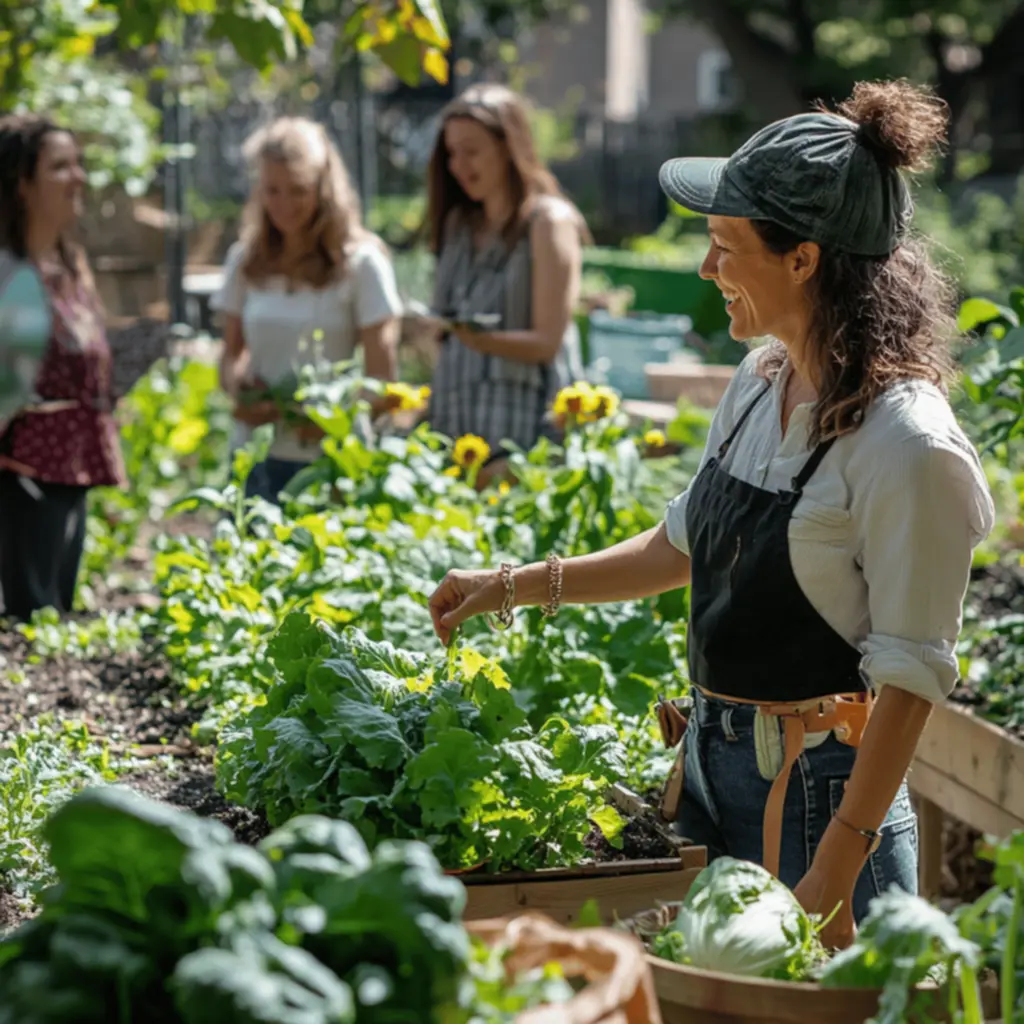
And it’s not just about personal growth; being a master gardener can actually enhance your career prospects in all kinds of fields related to horticulture, landscaping, and environmental education. This not only boosts your resume but also sparks that lifelong love for gardening and giving back to the community.
Community Involvement and Volunteer Opportunities
Community involvement is really at the heart of what master gardeners do. Many dive headfirst into local initiatives, whether it’s community gardens, school gardening programs, or environmental restoration projects. Getting involved in these efforts builds a sense of connection and purpose, letting gardeners see the real-world impact of their hard work.
By engaging with their communities, master gardeners can share their wisdom while also soaking up knowledge from others. This collaborative vibe generates a rich array of gardening experiences, sparking creativity and innovative solutions to the common challenges local gardeners face.
Offering Advice: Guiding Homeowners in Gardening
A huge part of a master gardener’s job is to offer advice to homeowners. Whether it’s helping folks choose the right plants or tackling pesky pest problems, master gardeners are an invaluable resource. They guide homeowners through their gardening challenges, making the experience much more enjoyable and rewarding.
Many master gardeners even step up to host workshops or seminars to reach a wider audience. By putting together informative sessions, they encourage community members to dive into gardening and nurture their green spaces. This sharing of knowledge not only empowers individuals but also helps grow a friendly gardening environment.
Creating Urban Gardens: Master Gardeners in Action
Urban gardening is such a fantastic way to bring a little slice of nature into our bustling city lives. Master gardeners often lead the charge on urban gardening initiatives that reclaim neglected plots, turning them into lush spaces full of fresh produce and gorgeous greenery. These projects showcase how city dwellers can grow their own food and foster connections with their neighbors. 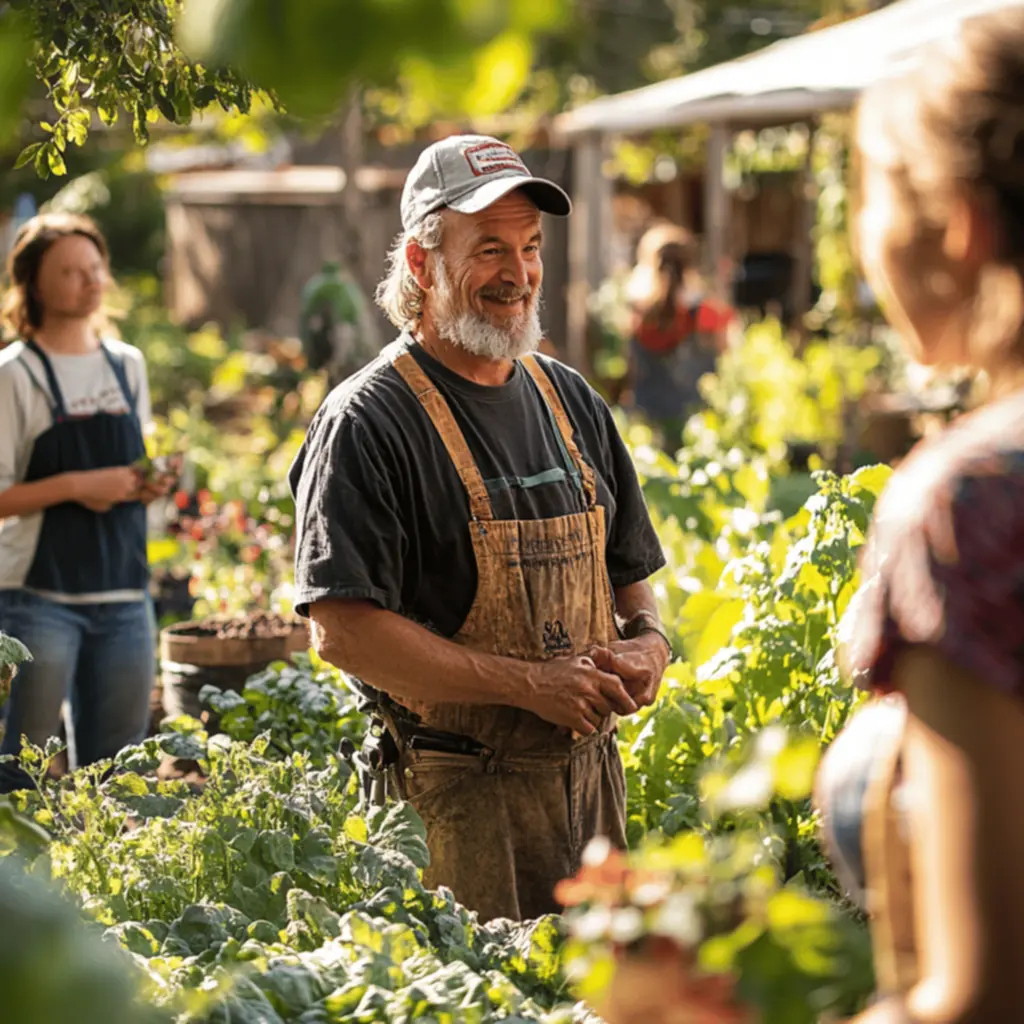
Of course, urban gardeners face some unique challenges, like limited space and tricky soil conditions. That’s where master gardeners come in with their creative solutions, introducing strategies like vertical gardening, container gardening, and raised bed systems. These techniques empower those living in urban settings to make the most of their gardening endeavors, even in tight quarters.
Building a Garden Network: Collaborating with Other Gardeners
Establishing a network among gardeners can create a supportive community where everyone shares ideas, resources, and experiences. Master gardeners frequently take on the role of bringing people together by starting local gardening clubs and community forums that unite individuals who are passionate about horticulture.
Collaboration really enhances learning and creativity, allowing gardeners to experiment with new techniques and strategies to improve their gardening practices. Connecting with one another allows master gardeners and amateurs alike to face challenges together, swap tips on plant care, and celebrate big and small successes in their gardening adventures.
| Sustainable Gardening Techniques | Description |
|---|---|
| Composting | Recycling organic matter to enrich soil |
| Crop Rotation | Changing crop locations to enhance soil fertility |
| Native Plants | Using plants that are naturally suited to your area |
| Companion Planting | Planting different crops together for mutual benefits |
Resources for Aspiring Master Gardeners
If you’re intrigued about becoming a master gardener, there are tons of resources out there to help you on your path. Local extension services often offer access to workshops, classes, and loads of literature covering various gardening topics. Plus, many universities provide horticulture programs that delve into specialized gardening areas, complete with certifications for aspiring master gardeners.
Don’t forget about the wealth of online resources as well—things like webinars, gardening forums, and engaging blogs can expand your horizons big time. Getting involved in online communities can inspire new ideas while offering insights into different methods of gardening. All these resources equip you with the essential tools to thrive as a master gardener.
Future Trends in Sustainable Gardening
As we look ahead, sustainable gardening practices will keep evolving, propelled by advancements in technology and a growing awareness surrounding environmental issues. Future trends might include integrating smart gardening tools—think soil moisture sensors, automated irrigation systems, and advanced pest management solutions. These innovations allow gardeners to maintain their gardens more efficiently while cutting down on waste and conserving valuable resources.
We’re also seeing a rising emphasis on community-driven efforts, like urban agriculture and food forests. As more people become aware of their connection to the food system, gardening is set to become an even more essential pathway for fostering health, sustainability, and resilience in our communities.
In wrapping things up, embracing the life of a master gardener not only enriches your own gardening journey but also lets you make a meaningful impact in your community. Whether you’re keen to beautify your space, educate others, or engage in sustainable practices, the path of the master gardener is waiting for you at 17Vibes. So why not grab the opportunity to deepen your horticultural knowledge and spread that passion for gardening far and wide?
Additionally, for those who are just getting started, be sure to explore our comprehensive guide on gardening for beginners to set a solid foundation for your gardening adventures.
